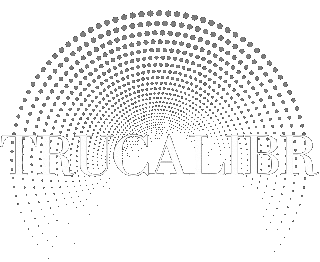Money has a profound impact on our lives, influencing not only our financial stability but also our mental and emotional well-being. Many of us harbor limiting beliefs about money that can hinder our financial growth and success. Mindfulness practices, rooted in ancient wisdom and now widely embraced in modern psychology, offer a powerful tool to challenge and change these limiting beliefs. In this article, we will explore how mindfulness can help reshape our relationship with money and pave the way for a healthier financial mindset.
Understanding Limiting Beliefs about Money:
Limiting beliefs about money are often ingrained in our subconscious minds from various sources such as childhood experiences, societal influences, or cultural conditioning. These beliefs can manifest as thoughts like “I’m not good with money,” “Money is the root of all problems,” or “I’ll never be wealthy.” These thoughts create a negative mindset that can sabotage our financial endeavors.
How Mindfulness Practices Work:
- Awareness: Mindfulness encourages us to observe our thoughts and emotions without judgment. By becoming aware of our limiting beliefs about money, we can start to understand their origins and their impact on our financial decisions.
- Acceptance: Mindfulness teaches acceptance of the present moment. Acknowledging our limiting beliefs without self-blame allows us to take the first step towards transformation.
- Cultivating Positive Habits: Mindfulness practices, including meditation and mindful breathing, help create a mental space where we can cultivate positive thoughts and habits. This is essential for reprogramming our subconscious mind with healthier money-related beliefs.
- Reducing Stress and Anxiety: Mindfulness is known for its stress-reducing benefits. By managing stress and anxiety related to financial concerns, we can think more clearly and make better financial decisions.
- Promoting Gratitude: Mindfulness encourages gratitude, shifting our focus from scarcity to abundance. This change in perspective can help us appreciate what we have and attract more positive financial experiences.

FAQ:
Q1: Can mindfulness really change deep-seated limiting beliefs about money?
A1: Yes, mindfulness can create a profound shift in our mindset by increasing awareness, promoting acceptance, and fostering positive habits. Consistent practice can lead to lasting change in our beliefs and behaviors.
Q2: How long does it take to see results from mindfulness practices?
A2: The timeline varies for each individual, but consistent practice over weeks or months often yields noticeable improvements. Patience and commitment are key.
Conclusion:
Mindfulness offers a transformative path to challenge and change limiting beliefs about money. By cultivating awareness, acceptance, and positive habits, individuals can develop a healthier and more empowering relationship with their finances.
Key Takeaways:
- Mindfulness helps identify and understand limiting beliefs about money.
- Acceptance and non-judgment are crucial components of transforming these beliefs.
- Positive habits cultivated through mindfulness contribute to a healthier money mindset.
- Reducing stress and anxiety through mindfulness enhances decision-making.
- Gratitude, promoted by mindfulness, shifts focus from scarcity to abundance.
Sources:
- Kabat-Zinn, J. (1994). Wherever You Go, There You Are: Mindfulness Meditation in Everyday Life.
Link - Chödrön, P. (2009). The Places That Scare You: A Guide to Fearlessness in Difficult Times.
Link - Harris, D. (2014). 10% Happier: How I Tamed the Voice in My Head, Reduced Stress Without Losing My Edge, and Found Self-Help That Actually Works.
Link







